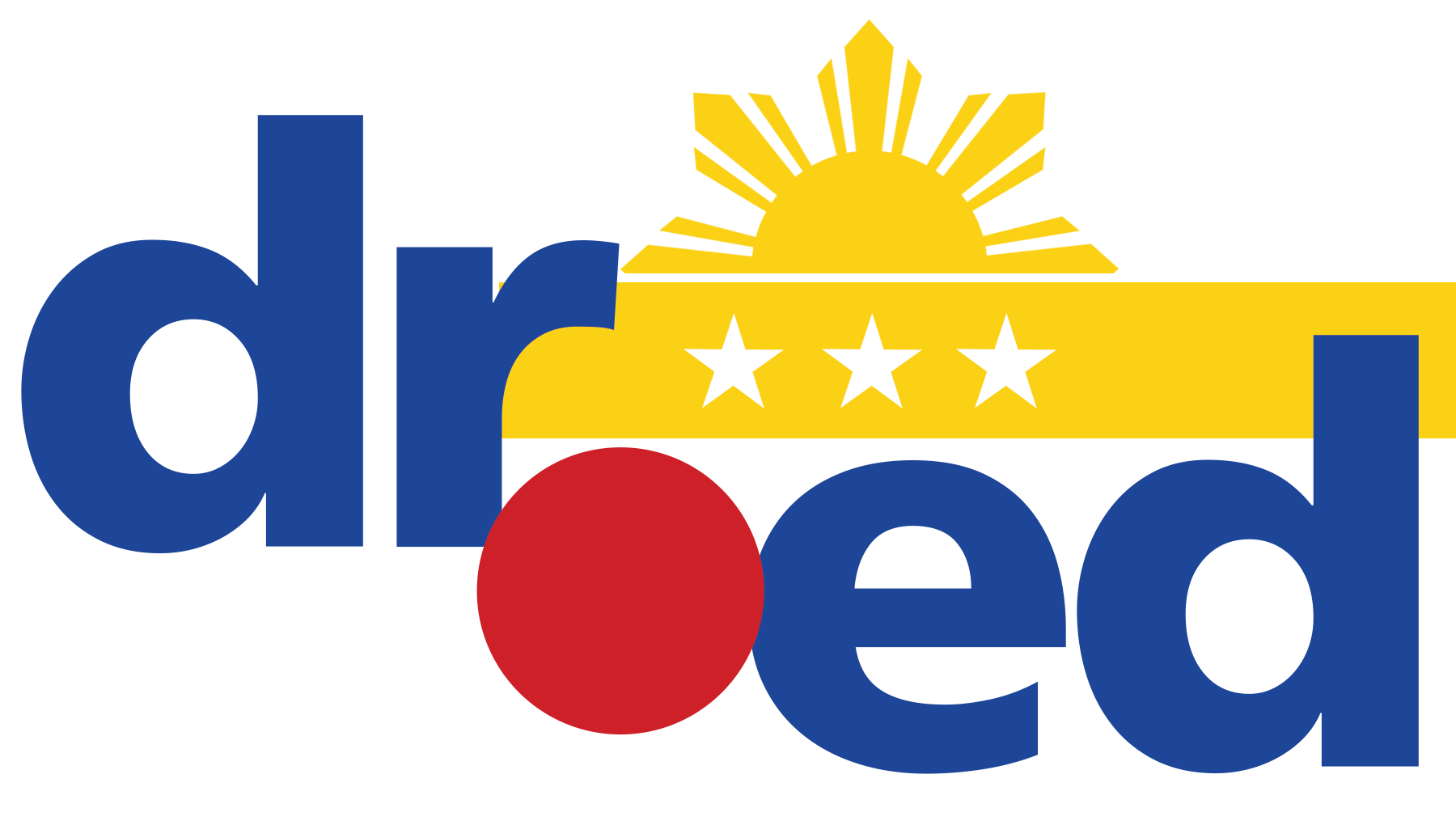Most school managers have undoubtedly persuade many organizational leaders into a belief that democratic management – achieved through the use of groups of individuals – is the path to effectiveness. Such a belief is consistent with an attraction to collaboration and co-operation as opposed to competition and isolation, and it is almost universally unchallenged. While team effort may find more favour than individual achievement – in the organizational rhetoric, at least – there is little firm evidence to support the productivity and effectiveness gains of the former. Yet, intuitively, management by teams seems to make sense. The tide of “teamism” is unlikely to be stemmed, certainly in the foreseeable future. Indeed, Belbin (1993) predicts:
A well-educated population is less likely to accept the word of the big boss. Decisions increasingly demand consultation, a process best accomplished through peer-group relationships. Hierarchy becomes less respected and compliance more difficult to enforce.
The preceding paragraph emphasizes the needs for collaboration among faculty as to ensure effective school system which possibly make instructional competence and learning process. This will surely give an idea to school managers who are constantly looking out for strategies that will help them to cope with complexity and competition. Ingram, et. al. (1997) have sounding comment on this matter as they emphasize that the most effective linkages between school activities are forged by people and the way in which they work together in groups is a key concern for management.

